Beyond soft drinks and the concept of beverages for quenching thirst, vegan or plant-based beverages are becoming popular as substitutes for some foods or between-meal snacks.
In a sector this competitive and ever-changing in terms of new products and trends aimed at consumers and their needs, plant-based beverages are gaining momentum and showing great promise in the industry.
On top of this, the unexpected pandemic has generated greater awareness of the importance of a series of issues, such as better nutrition, caring for one’s health, food safety and sustainability. All of this in line with greater demand for these types of plant-based products.
Vegan beverages, defining concepts
Vegan beverages, also known as plant-based beverages or drinks made with plants, is a beverage category in which the ingredients and preparation require a series of conditioning factors that must, above all, meet the expectations of their vegan target consumers, who are very demanding when it comes to how the products are manufactured. To consume them, vegans demand the absolute elimination of any element of animal origin, whether in its composition or used during production.
What’s more, their requirements and criteria reach the point of demanding that these products not be tested on animals. In other words, they must be “cruelty-free”, because the vegan lifestyle is based on ethics and respect for the environment and health.
Thus, unlike ovo-lacto vegetarians, who accept animal products such as milk and eggs, vegan consumers exclude any food of animal origin from their diet. For example, in the case of milk, they typically replace it with alternatives such made from oats, soy or almonds.
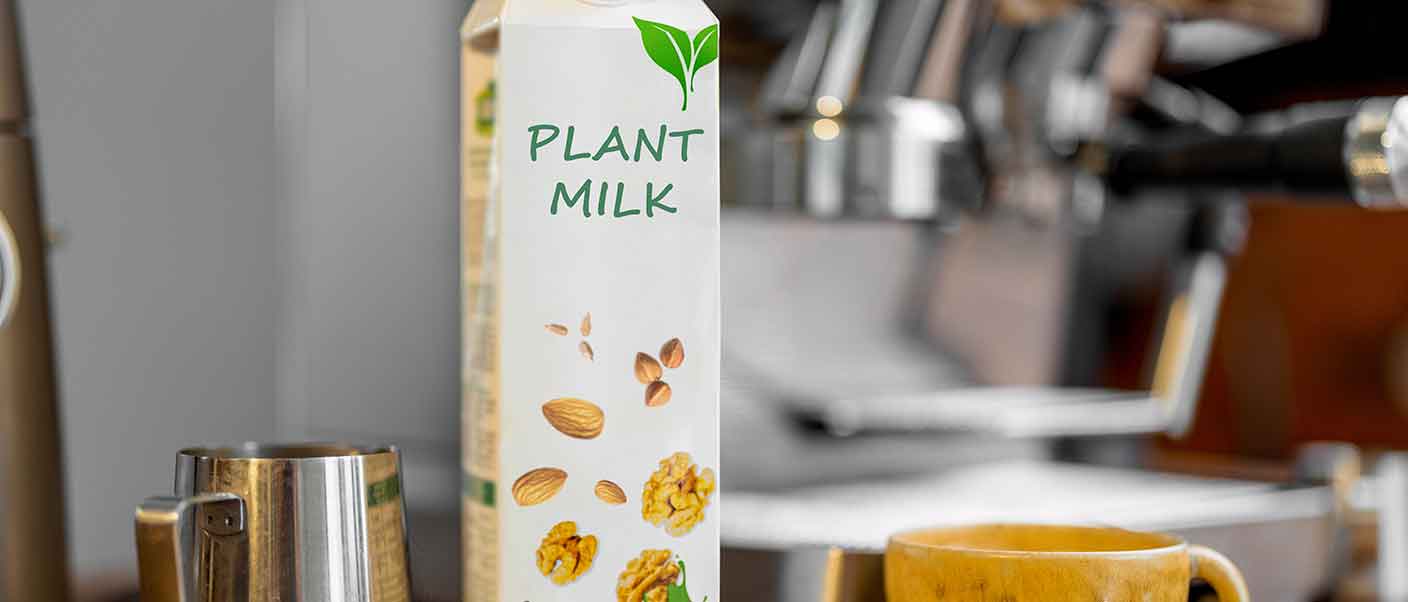
A challenge for the industry
Beverage production is a concern for veganism, and it is becoming a real challenge for the industry. In the case of certain wines, animal gelatines are used in processes like clarification, and they have to be replaced by components of vegetable origin; and some soft drinks contain traces of fish as a colourant stabilizer, and therefore have to be taken off the list by the vegan public.
This circumstance is what is triggering a change in some beverage brands which, aware of this movement, are considering supplying this market niche by respecting its principles throughout the entire manufacturing process. Through a series of measures, such as inclusion of the V-Label seal, which is backed by the Unión Vegetariana Española and designed to identify vegetarian and vegan products clearly and at first glance, manufacturers are able to guarantee that the product meets the established criteria.
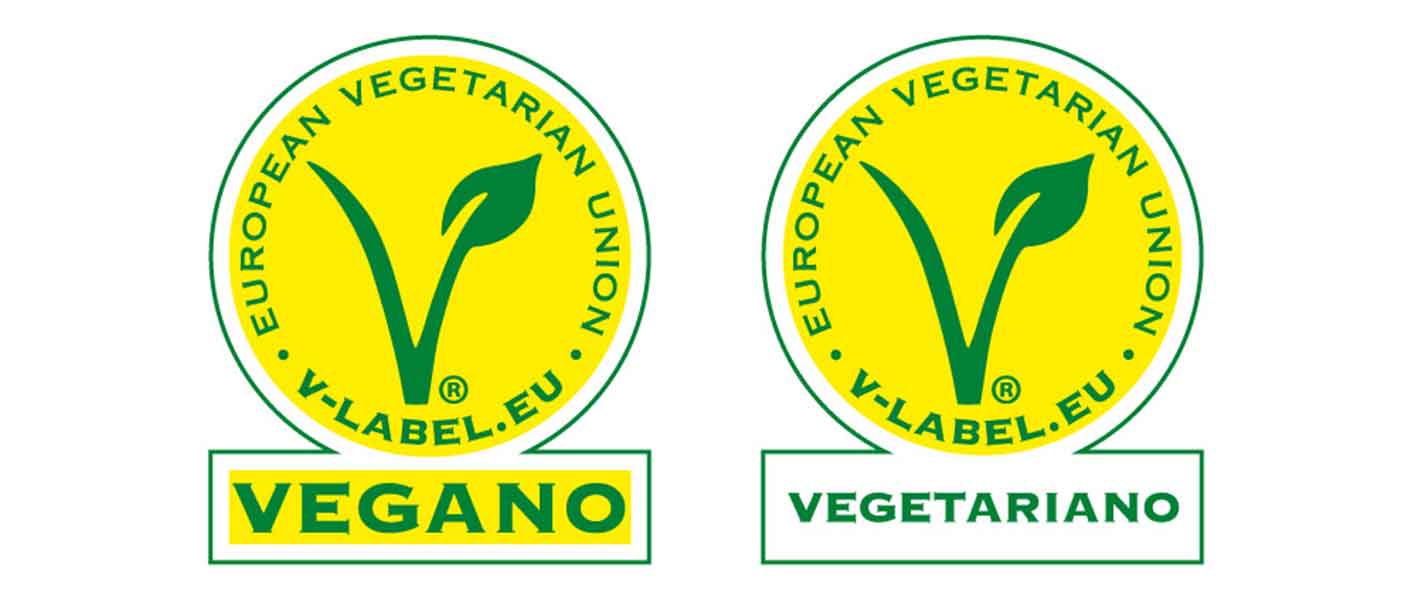
One interesting thing about vegan consumers is that, in the end, they are an essential part of the process of creating new vegan formulas. They do this both by trying new flavours, as plant-based beverages have to be delicious, and by influencing their packaging process, by demanding the use of eco-friendly containers with compostable and biodegradable solutions.
Market data
The increase in intolerances, along with the proliferation of special and allergen-free diets, signal that new market niches for plant-based beverages will emerge. One of the most significant elements in this is the organic seal; without a doubt, it can be decisive for increasing demand, and it is starting to create buzz among Gen Z and millennial consumers.
Another major challenge lies in their expansion. Vegan beverages have to be within everyone’s reach in terms of their distribution and pricing, in addition to being “drinkable” for their flavour and texture.
By geographic area, the plant-based beverage market (using 2018 as a reference and with a horizon of 2023) is growing exponentially in North America and other places, such as Europe. It is expected to represent approximately $19.67 million by 2023.
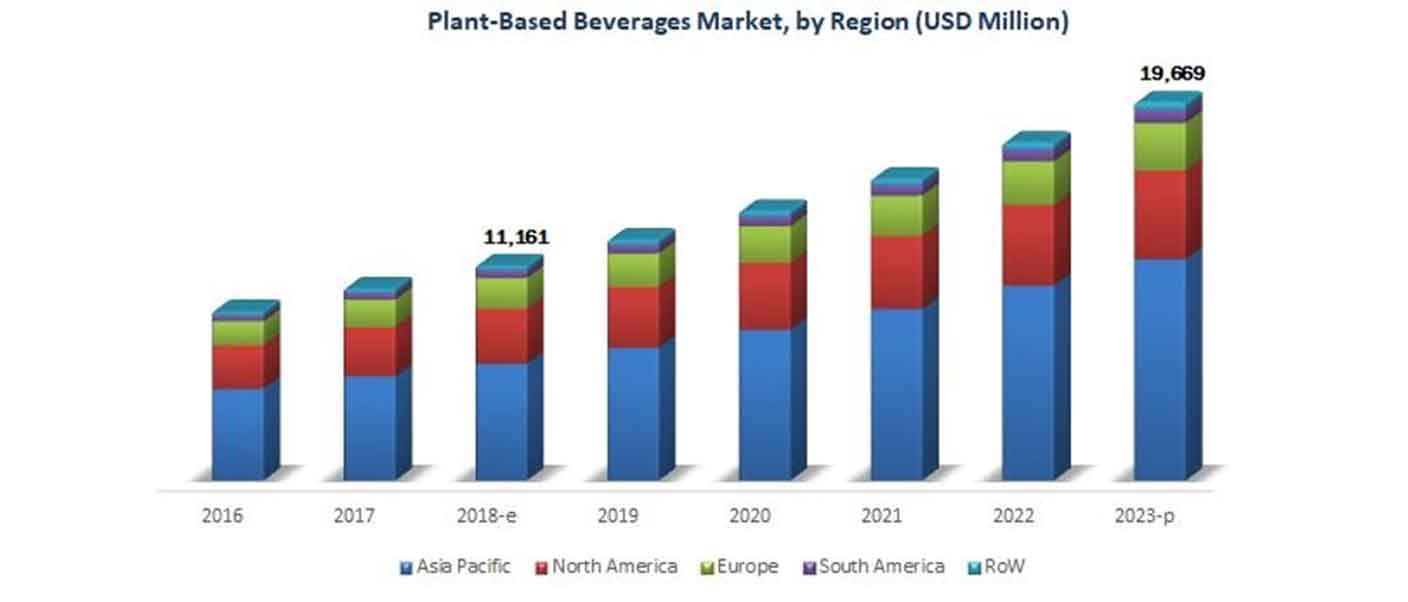
Source: Marketsandmarkets
What trends are marking the vegan beverage segment?
It has been confirmed that veganism is no passing fad, that it is here to stay. Some facts mark this reality, and major trends and new formulas are emerging, among other things.
1. Vegan beverages are not just for vegans
Although they first appeared for specific groups that were more demanding, plant-based beverages have spread to become a part of general consumption.
2. Oat-based drinks
As a morning food supplement, or as snacks throughout the day, oat drinks are gaining great momentum compared to animal milk.
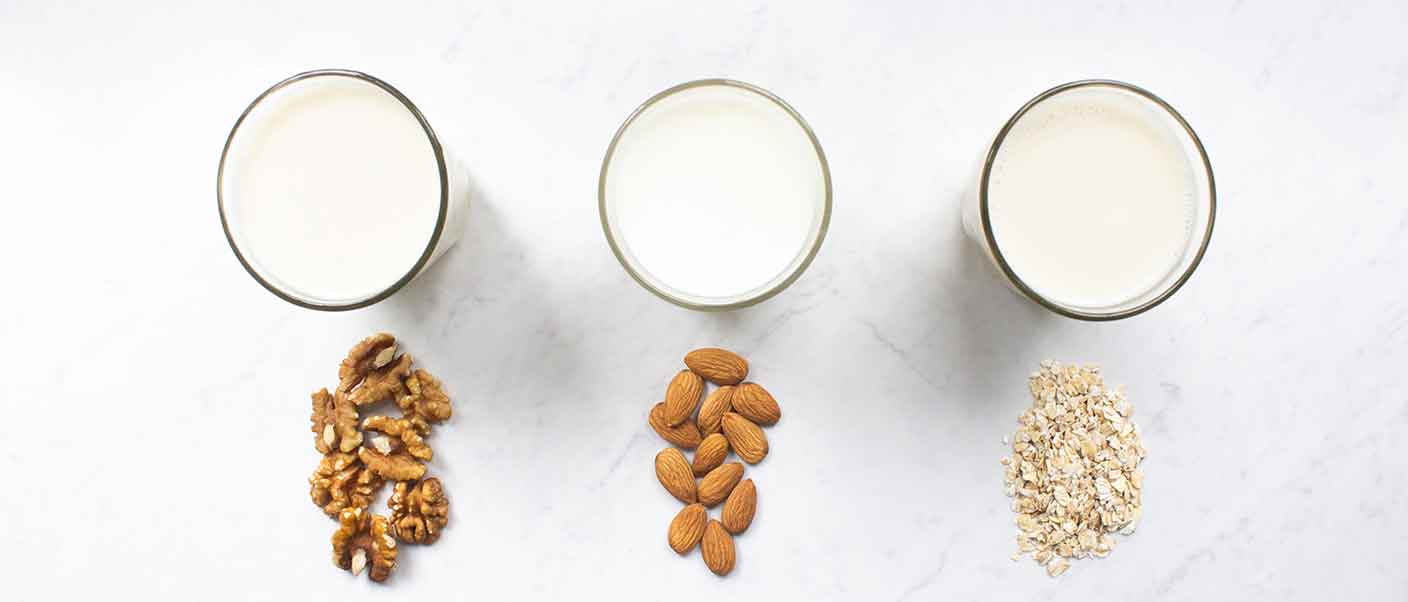
3. Peas as a beverage ingredient
Their high protein content makes them a good choice for vegans or any consumer who wants to use them as a way of adding plant protein to their diet.
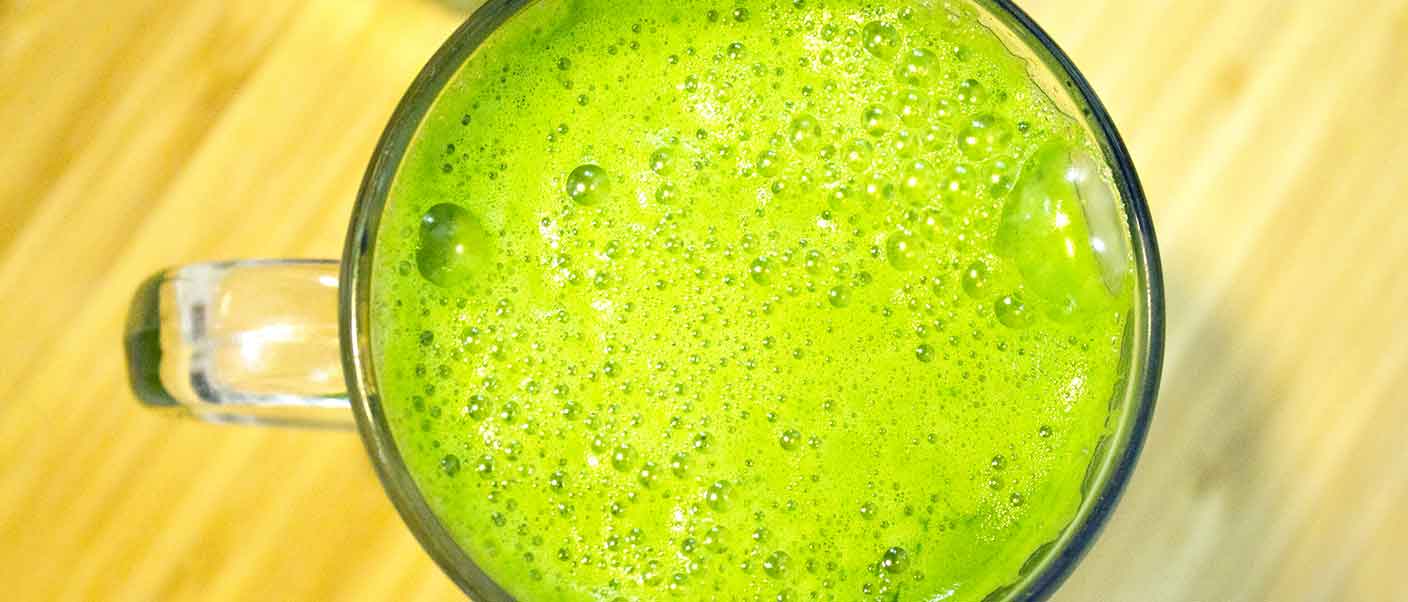
4. Rice- or soy-based milks
Rice is an inexpensive and very abundant ingredient. With good processing to eliminate its high starch content, it provides very satisfactory results.
5. Vegan beers? More than you can imagine
Just like it sounds. Some beers include elements of animal origin in their filtering processes, however many large companies and brands that are aware of the growing demand have joined the vegan-friendly beer bandwagon.
The famous Guinness brand announced the switch of its range of beers to 100% vegan.
In Spain, many brewers and major brands include them in their portfolio: Cervezas Alhambra (in the Mahou San Miguel group, which is also contemplating production suitable for vegans in all its products) and a long list that includes names like Cervezas Cibeles, Cervezas La Virgen, and many others.
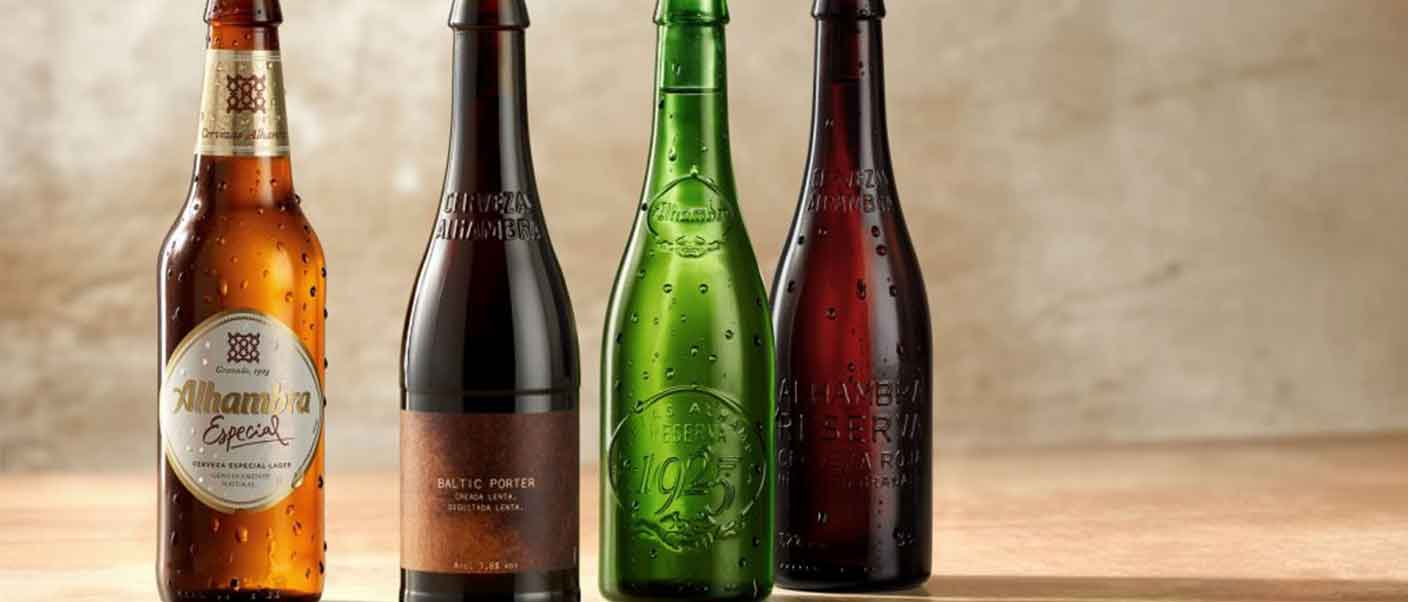
6. Vegan liquors
Vegan liquors follow a distillation process in which the alcohol is fermented using fermented ingredients. The majority of these types of liquors are already suitable for vegans (unflavoured liquors such as whisky, gin, vodka, rum, brandy, among others), however some are not, such as coffee liquors, cream liquors and almost any that contains honey.
7. Cold brew coffees and lattes
The purest cold brew coffee is vegan. The issue becomes more complicated in the case of canned beverages, which sometimes contain ingredients that are unsuitable for vegans, such as honey. Starbucks launched its own version a while back.
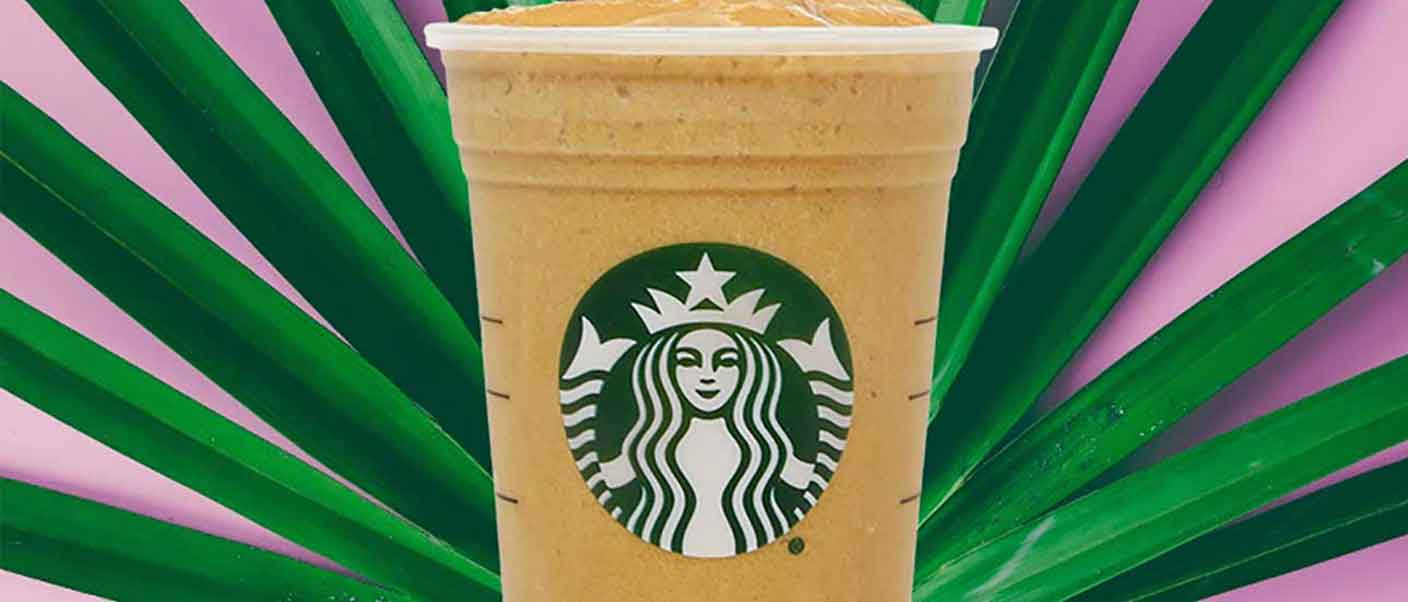
The same thing is true of lattes. More and more brands are launching alternatives based on oats, soy and other ingredients to replace the cow’s milk.

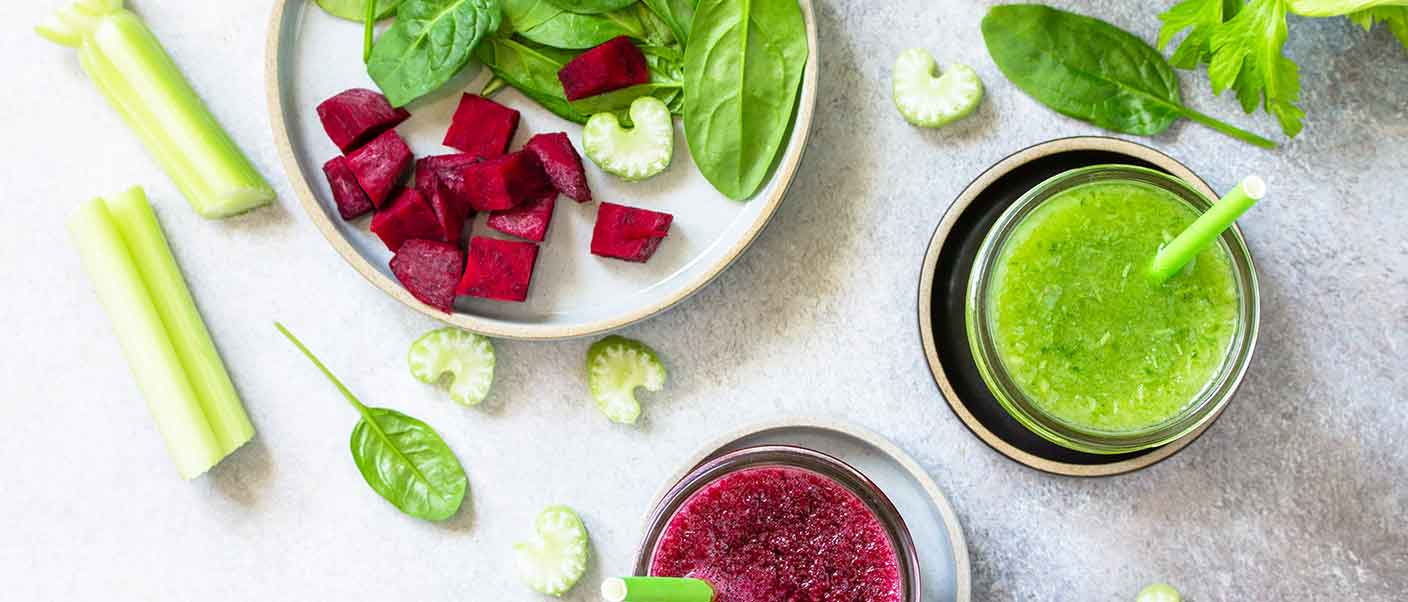






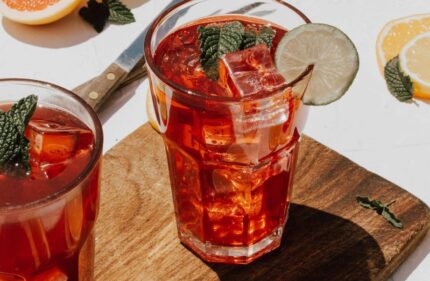

Comments